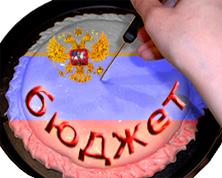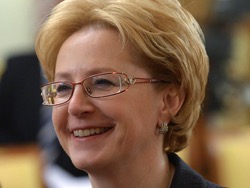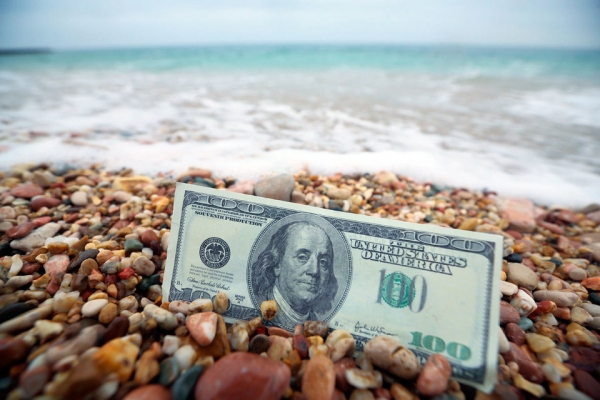
The hopes of the Russian business to be frozen, and even more so – tax cuts during the crisis, are not met. The promises of top officials on this occasion was not made: in reality the level of fiscal burden in Russia every year only increases. This is evidenced by even official calculations, writes Nezavisimaya Gazeta.
The authorities have only promised, the newspaper notes. On Monday Prime Minister Dmitry Medvedev has once again made the political decision not to increase taxes until 2018. In turn, the President of the Russian Federation Vladimir Putin at the Congress of entrepreneurs was to convince entrepreneurs that the government always thinks about the possibilities of reducing the tax burden.
Even in the Finance Ministry, which by its very nature must try hard to attract more funds to the Treasury, claimed that are not in favor of increasing the tax burden on businesses, at least in the crisis period.
Independent economists do not believe the words that sound from above, and try to assess the situation with taxes on their own. According to their calculations, in Russia now there is an opposite situation – the fiscal burden increases. And it is today higher than in the previous crisis 2009. This, in particular, pointed out yesterday, the Director of the Institute of strategic analysis FBK Igor Nikolaev, presenting prepared the report for RUIE.
Besides, according to managing partner of “Pepeliaev Group” Sergey Pepeliaev, the Russian tax system remains a degree of uncertainty. “The same insurance premiums that are not formally taxes, in fact are what they are,” he explains. That the various formally non-tax fees and charges can be attributed to taxes, according to Pepeliaev, says several factors: commitment, compulsion, bezvozvratno and gratuitousness of such payments. As a result, the country today was, in fact, “a parallel tax system” that exists together with the official.
At the end of the year 2015 chamber of Commerce and industry (CCI) of the Russian Federation performed an audit of the “parallel tax system”, which counted about 70 such casinolegal imposed by laws and orders of the ministries. The amount of non-tax burden on business is close to 1% of GDP, or over 700 billion rubles,” – said the CCI President Sergey Katyrin.
The level of fiscal burden is calculated by several alternative methods – world Bank, Ministry of Finance of the Russian Federation, Federal tax service. Another method of assessing the tax burden was presented at the recent Congress of the RSPP. Tax burden, according to RSPP, should be calculated based on the ratio of the sum of tax payments, social contributions, insurance premiums for compulsory insurance of hazardous production facilities, but excluding taxes on individuals (personal income tax) to gross value added (GVA) less depreciation.
It is noteworthy that all of these methods of calculating tax burden say that it increases. For example, by the method of the WB in the last recession of 2009 the tax burden was 13% of GDP, by 2012 it has increased to 15.1%. A similar picture gives the methodology of the Ministry of Finance. According to the Ministry of Anton Siluanov, in 2009, the fiscal burden was 30.9% of GDP, and by the end of 2014 it had already increased to 34.4%.
Not quite correct to talk about reducing the tax burden and according to calculations of the Federal tax service. So, in 2009 the ratio of total tax payments to turnover was 12.4%, but in 2014 the indicator has formally declined to 9.8%. “However, the 2009 calculations do not account for income unified social tax (unified social tax) and insurance contributions to compulsory pension insurance”, – says Igor Nikolaev.
Increased fiscal burden and by calculations RSPP. In crisis 2009 the tax burden was 21.4%. And by the end of 2014, it grew to 26.2% of GVA. “It is also worth noting that in 2014, Rosstat changed the methodology of calculation of GVA. As a result, we in 2014 have two General indicator for tax burden: 26.2 per cent of the old calculation and 23.4% on new”, – explained the representative of FBK. However, even if we want the Russian economy ceased to decline, it should at least not increase the overall fiscal burden, experts say.







